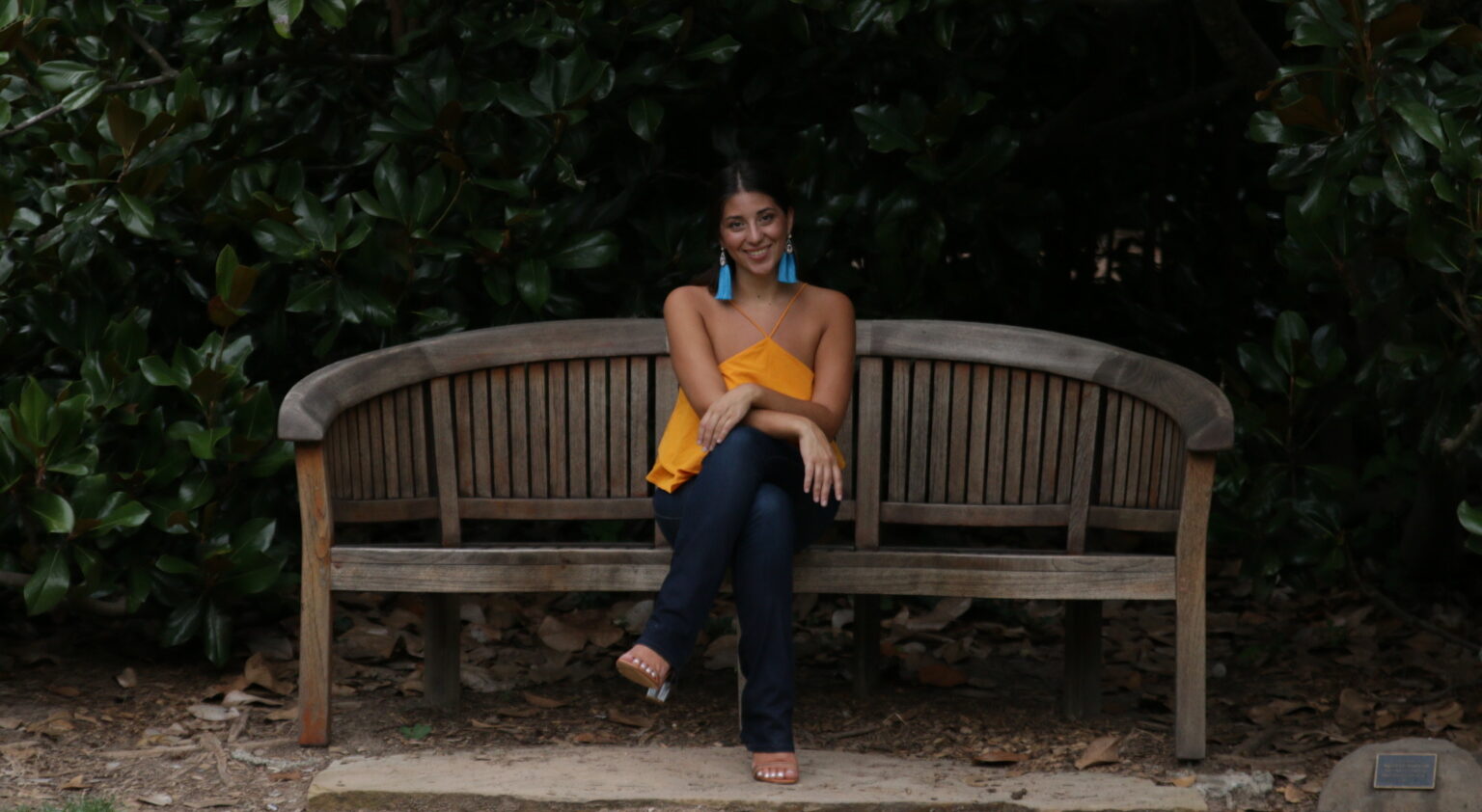Sanctuary Everywhere
March 3, 2021
Share

Each year, Citizens & Scholars invites new Fellows to submit a brief story introducing themselves and/or their work. This story is from 2020 Women’s Studies Fellow Barbara Sostaita, a doctoral candidate in religious studies at the University of North Carolina at Chapel Hill. Barbara’s dissertation is an ethnographic engagement with histories and practices of sanctuary along the Sonora-Arizona borderlands.
2006 was the year the Comprehensive Immigration Reform Act died in Congress. It was also the year I learned, suddenly and publicly, that I was undocumented. These two heartbreaking events were offset by the remarkable organizing of my North Carolina church around immigration reform. In the months leading up to the congressional vote on immigration, our congregation mobilized in a way I’d never believed possible. We hosted prayer vigils and community forums; we invited researchers and attorneys to explain what this bill would mean for our community and our families. At these gatherings, we shared our hopes for building and sustaining community across borders and for living our lives out of the shadows and without fear. These collective hopes have not died despite the intervening years of disenfranchisement and the mounting pressures against Latinx people. In fact, they have brought me back to North Carolina as a doctoral candidate in religious studies.
My lived experiences as an undocumented migrant shape my project’s methodological choices and theoretical reflection. While researching sanctuary practices in the southern borderlands—from a nurse who drives a makeshift ambulance and provides medical care to asylum seekers in Nogales to a Colombian artist and anthropologist who designs and plants crosses for migrants who died in the Sonoran Desert—I draw from my own community’s struggles for survival. All the while, I remember that the undocumented folks who raised me, a chosen family of migrants and fugitives, are the ones who taught me how to practice sanctuary. They sheltered me first.
Stay Engaged
Get More News
Join our mailing list to get more news like this to your mailbox.
Support Our Work
Help us invest in the talent, ideas, and networks that will develop young people as effective, lifelong citizens.
Ways to Support Us